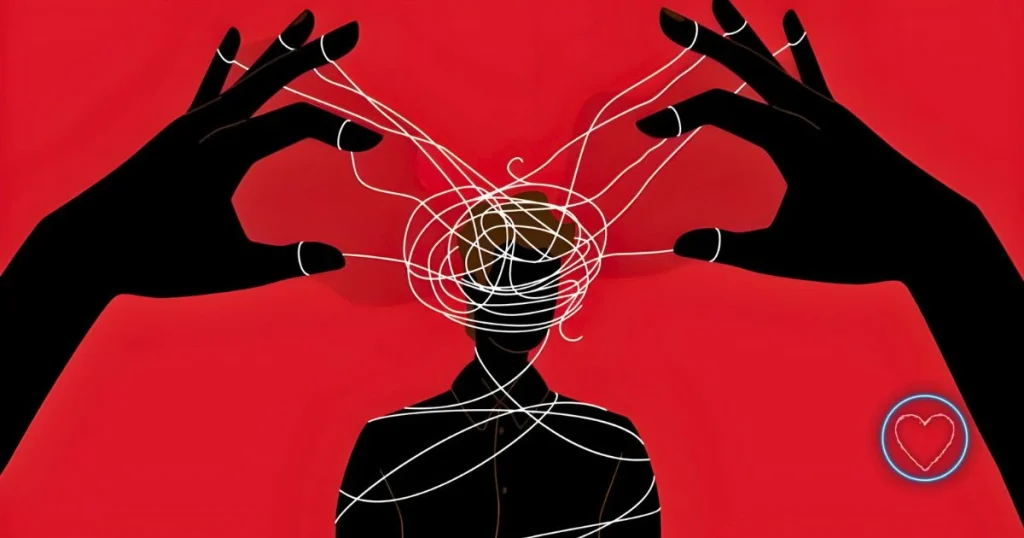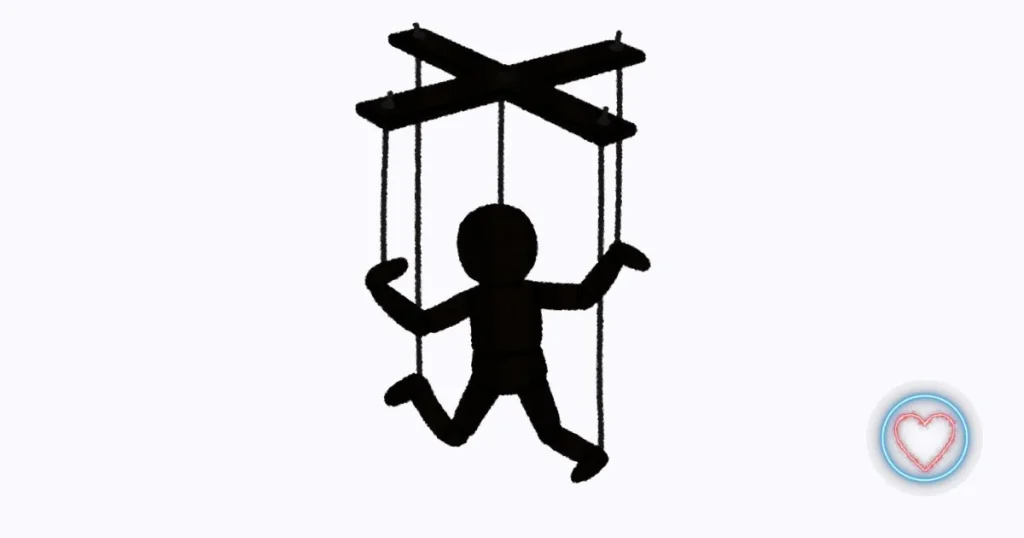Emotional manipulation is a subtle yet destructive form of psychological abuse that can erode your self-esteem, distort your sense of reality, and leave you feeling confused or powerless. Unlike overt abuse, manipulation often masquerades as concern, humor, or love, making it difficult to detect. Recognizing these behaviors is crucial for protecting your mental health and establishing healthy boundaries. Here are 12 signs that you may be experiencing emotional manipulation:
1. They Dismiss Hurtful Comments as Jokes
When someone makes a hurtful remark and then says, “I was just kidding,” they’re invalidating your feelings. This tactic shifts the blame onto you for being “too sensitive” and allows them to avoid accountability. Over time, this can make you doubt your emotional responses.
2. They Exploit Your Insecurities
Manipulators often target your vulnerabilities, making comments that chip away at your self-esteem. For example, saying, “If you lost some weight, that outfit would look better on you,” is a way to control and diminish your confidence.
3. They Gaslight You
Gaslighting involves denying events or feelings, making you question your memory and perception. Statements like, “That never happened,” or “You’re overreacting,” are designed to make you doubt your reality, increasing your dependence on the manipulator.
4. They Use the Silent Treatment
Withholding communication is a form of punishment and control. By refusing to engage, the manipulator forces you into a position of discomfort, often leading you to apologize or concede just to restore peace.
5. They Constantly Criticize You
Frequent criticism, especially about personal attributes or decisions, can erode your self-worth. This ongoing negative feedback makes you more susceptible to control, as you begin to rely on the manipulator for validation.
6. They Play the Victim
Manipulators often portray themselves as victims to gain sympathy and avoid responsibility. By shifting the focus onto their own hardships, they divert attention from their manipulative behavior and make you feel guilty for confronting them.
7. They Isolate You from Others
By creating rifts between you and your support network, manipulators increase your dependence on them. They may criticize your friends and family or make you feel guilty for spending time with others, effectively cutting off external perspectives.
8. They Use Guilt as a Weapon
Statements like, “After all I’ve done for you,” are designed to make you feel indebted and compliant. This emotional blackmail leverages your sense of obligation to control your actions and decisions.
9. They Shift Blame onto You
Manipulators rarely take responsibility for their actions. Instead, they blame you for their behavior, saying things like, “You made me do this,” which can lead you to question your own role in their misconduct.
10. They Create Confusion
By sending mixed signals and changing narratives, manipulators keep you off-balance. This confusion makes it harder for you to trust your judgment and increases your reliance on them for clarity.
11. They Withhold Affection
Using affection as a bargaining tool, manipulators may give or withdraw love based on your compliance. This conditional affection reinforces their control over your emotional well-being.
12. They Use Passive-Aggressive Behavior
Indirect expressions of hostility, such as sarcasm, procrastination, or deliberate inefficiency, are common tactics. This behavior allows manipulators to express anger without direct confrontation, leaving you feeling frustrated and powerless.
Conclusion
Recognizing emotional manipulation is the first step toward reclaiming your autonomy and well-being. If you identify with several of these signs, consider seeking support from trusted friends, family, or mental health professionals. Establishing boundaries and fostering self-awareness are crucial in breaking free from manipulative dynamics and building healthier relationships.




















